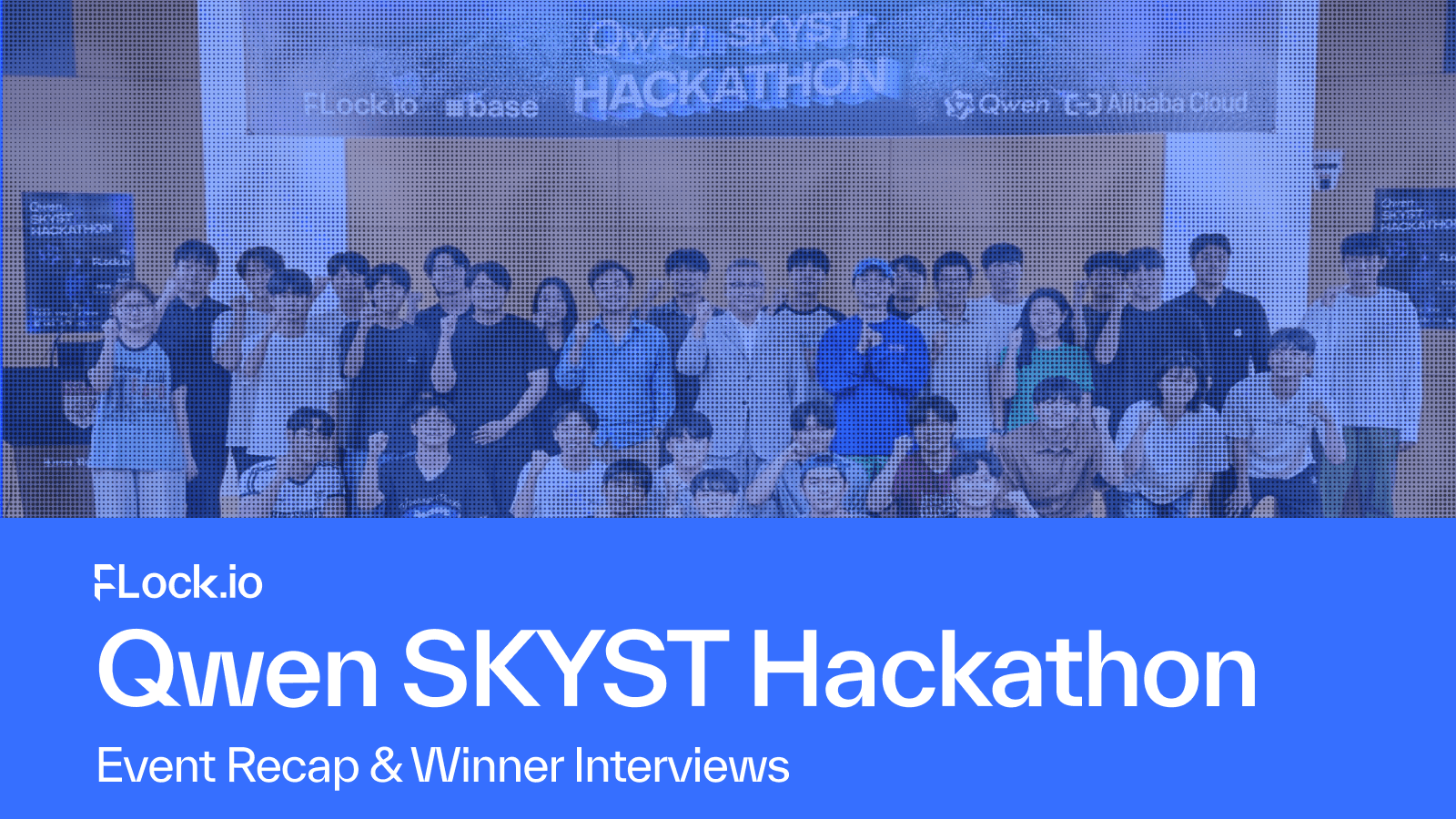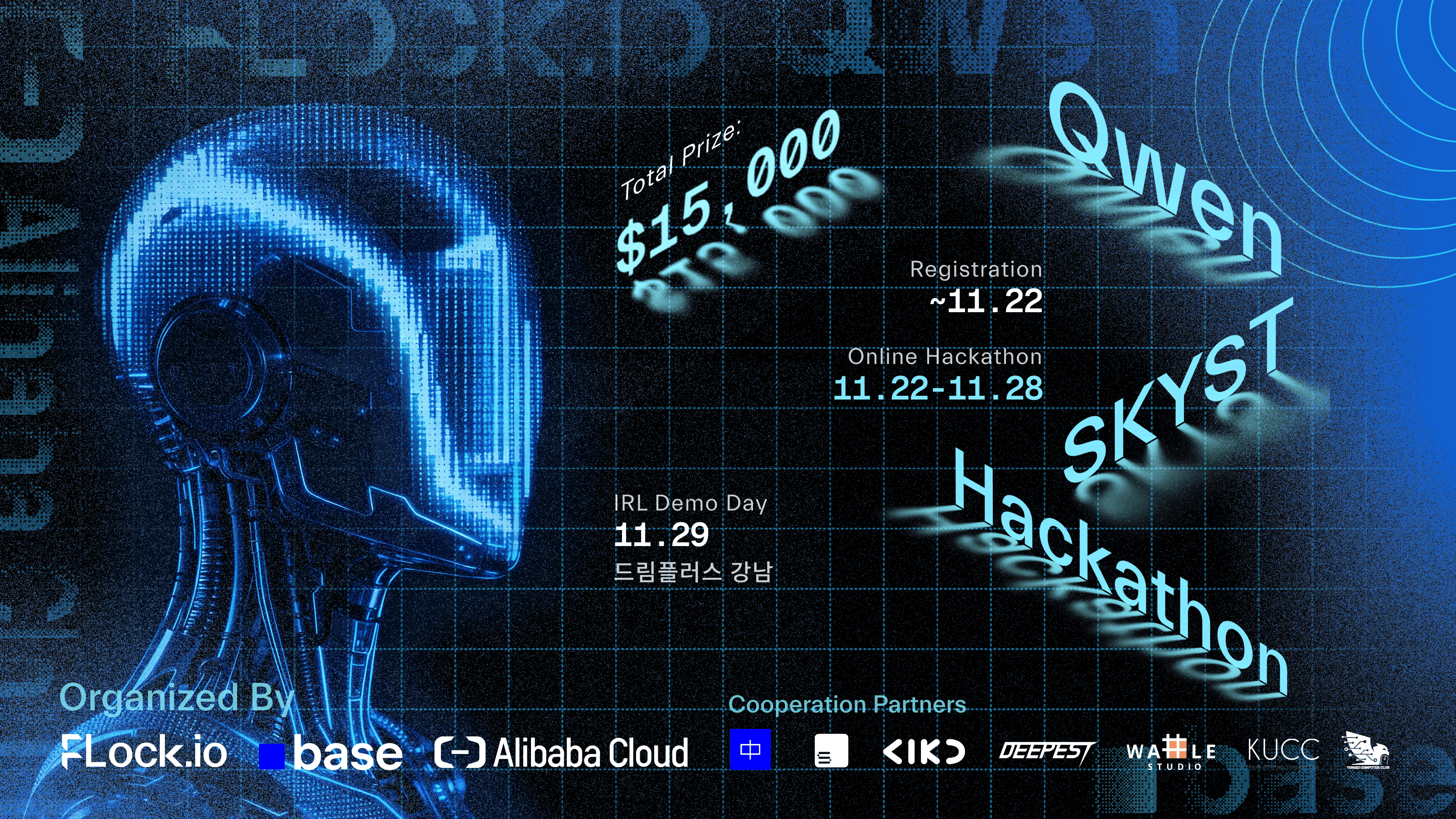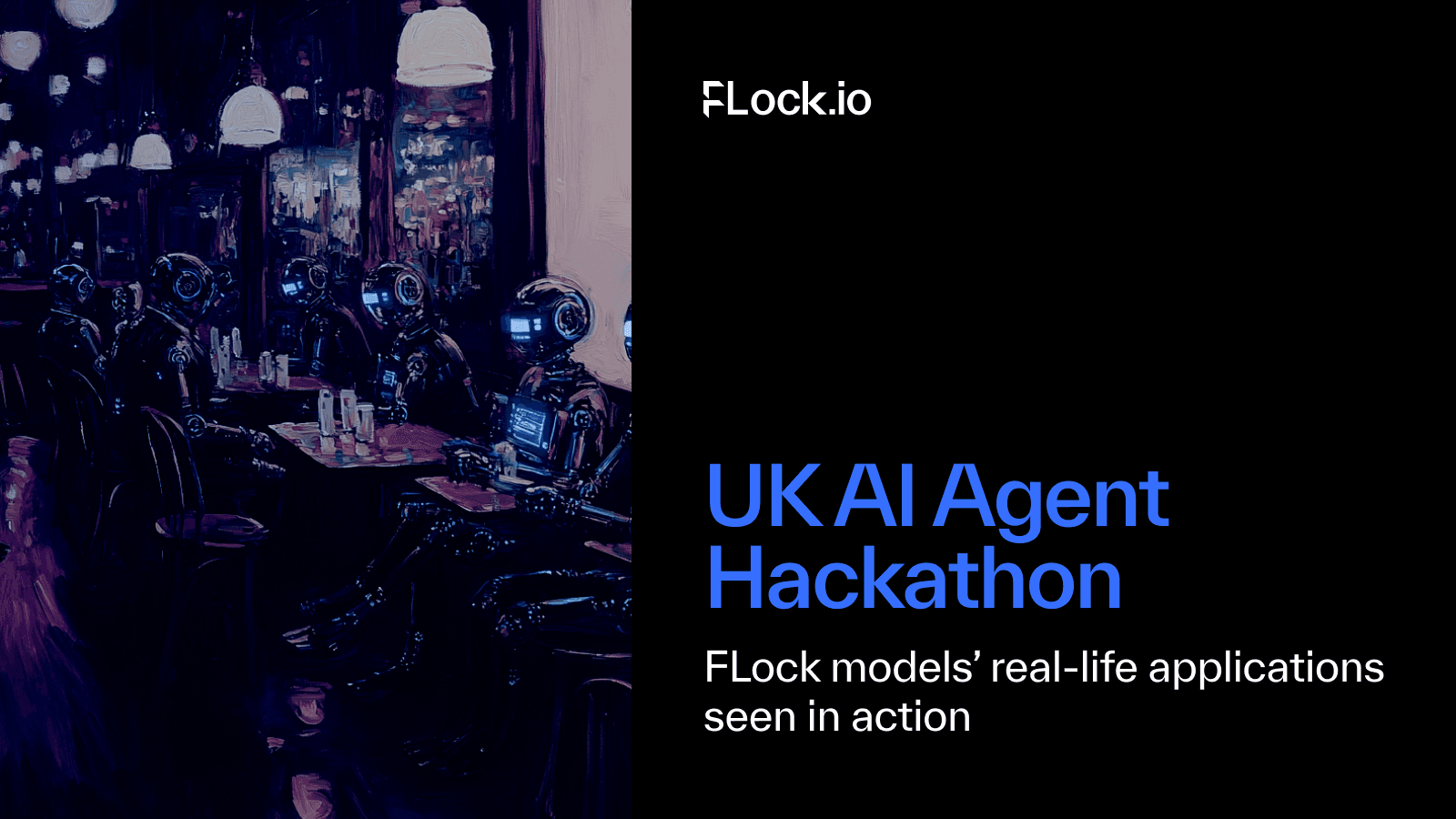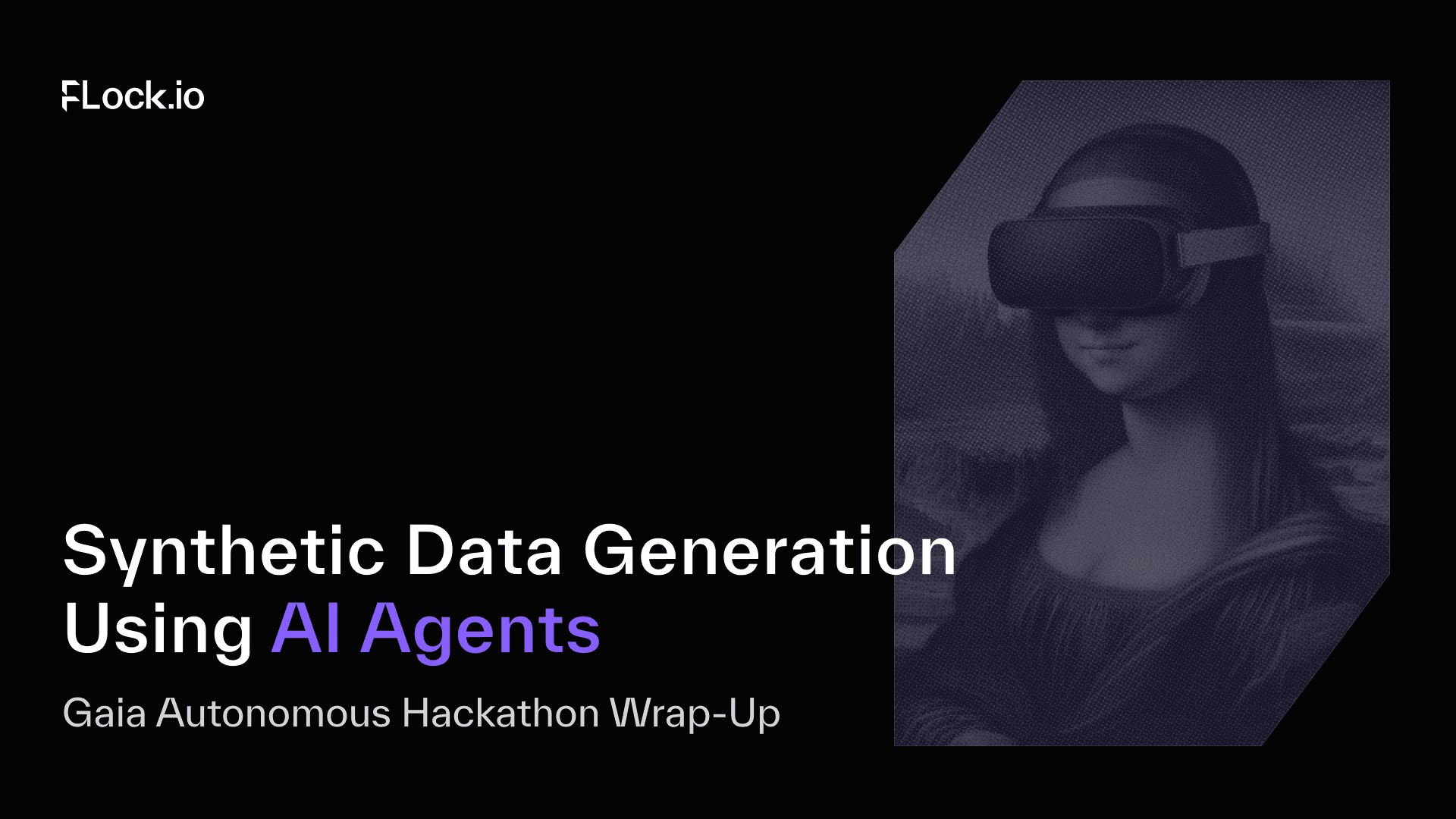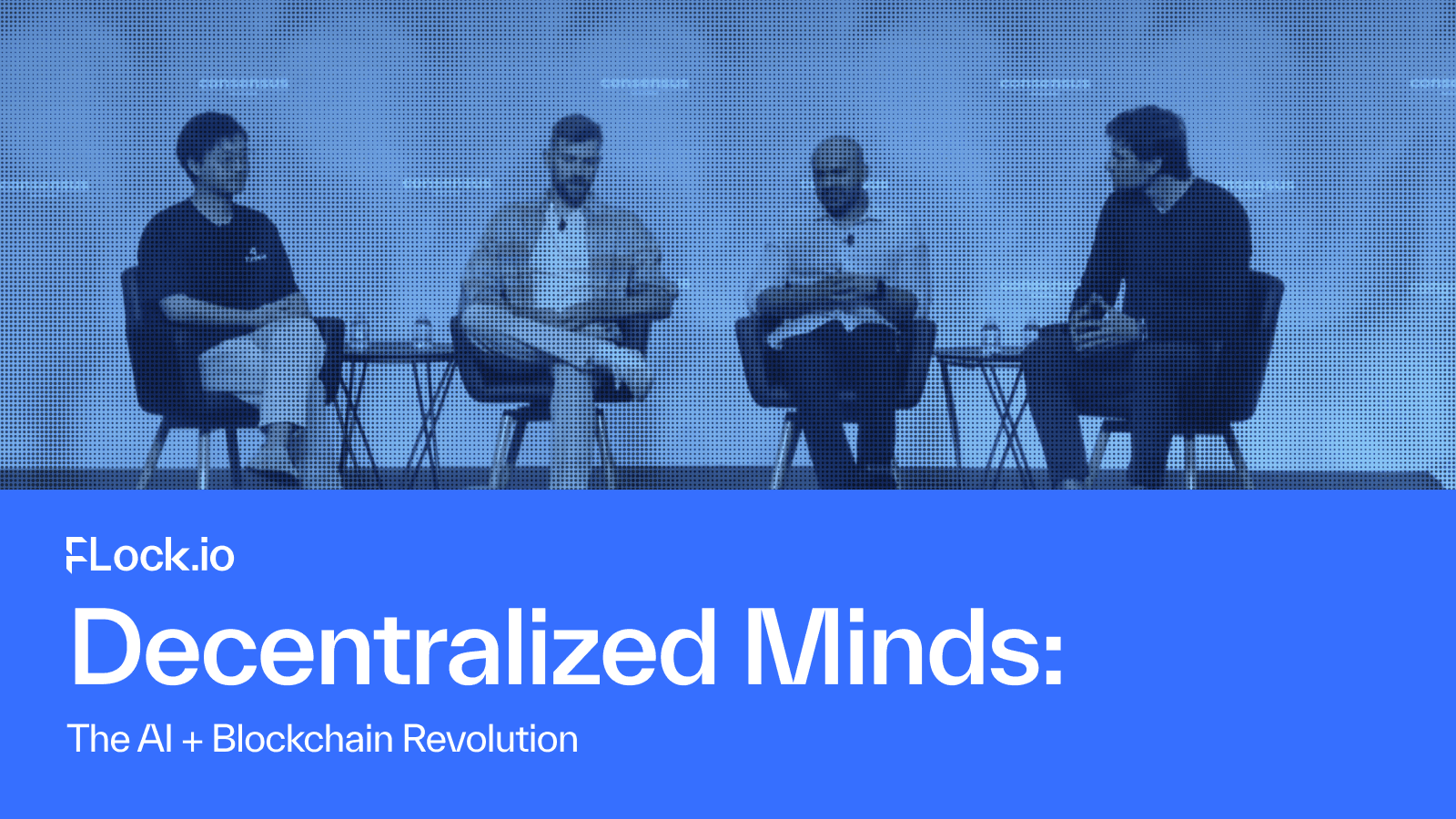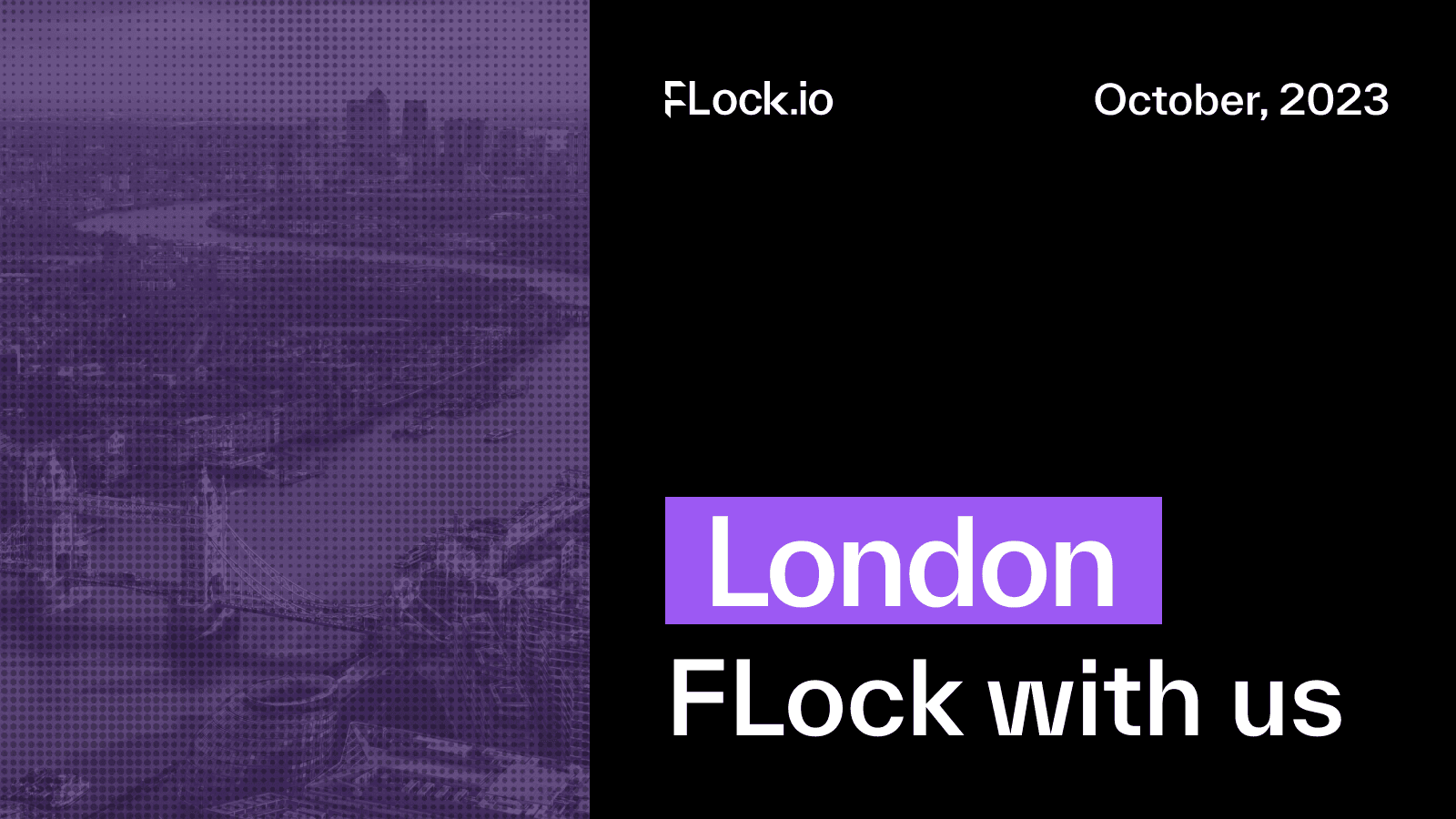FLock.io and Alibaba Cloud co-hosted the Qwen Skyst Hackathon from 28th July to 2nd August for student developers from leading SKY & KAIST Korean universities (the Ivy League of South Korea).
The datathon focused on hands-on projects using Qwen models, Alibaba’s open-source LLMs, and FLock’s AI Arena platform on Base. The students worked together on next-generation DeAI applications, leveraging FL to fine-tune Qwen models for specific industry needs.
It was split into two phases – model development then AI application – with 50 and 100 developers joining in respectively, plus professors hopping on board to help out.
FLock partnered with Qwen – a tier 1 open-source LLM – earlier this year, and our milestone Web3 Agent Model is based on Qwen. We were so happy to collaborate again and foster South Korea’s research and talent ecosystem It was amazing to see the awesome next generation of developers have such fun with AI Arena.
Meet our winners!
We chatted with the winners of each track: Sang-min Hwang and Group 6.
1st place on the Base track: Sang-min Hwang
Sang-min Hwang is currently an undergraduate at Korea University. As a member of AIKU, one of the participating partners of the Hackathon, he has been studying and researching AI there.
It seems like you have chosen some specific methods to finish the fine-tuning task. What were those methods and what were your inspirations for choosing them?
I first looked into the dataset, and it seemed like the size of the dataset was smaller than I thought. The given dataset in itself was not big enough for normal fine-tuning, so I focused on how to augment the dataset. I used the Qwen LLM to create synthetic data from the original dataset. Through the augmented dataset, I was able to boost the performance of my fine-tuned model.
What were some difficulties you faced during the hackathon, and how did you overcome them?
The biggest difficulty was dealing with the size of the dataset. As most finetuning methods only work with a big enough sized dataset, I’ve tried both methods that either work on small datasets or larger datasets. For the methods that work on small datasets, I’ve focused more on how to adjust the hyperparameters to enhance the performance. As for the other method, I mostly focused on dataset augmentation to synthetically create a bigger dataset, during which, I used the Qwen LLM, which worked better than I expected.
Q4. What was your most me
morable moment during the whole hackathon?
I’d have to say the most memorable moment for me was when I submitted my model, and a few minutes later, my rank on the leaderboard went from 10th to 1st place. Before I submitted the model, I wasn’t anticipating such a great score, since I thought the changes I made were quite insignificant. The sudden surge in ranks and boost in performance was very exciting and I felt a huge surge of dopamine.
Q5. What were your overall thoughts on the datathon?
I have participated in a couple of datathons in the past, but most of them were held on a centralised platform like Kaggle. It was my first time participating in training in a federated learning way, on a decentralised platform like FLock.io. It was a very novel and cool experience for me, and through the help of the mentors and moderator, it was quite enjoyable, and I feel like it was a good opportunity to level up my skills.
1st place on the Alibaba Cloud track: Team 6
Team 6, a group of three friends from Yonsei University, are members of the university computer club together. Dae-han Lim is an AI major, while Moon-soo Park and Joon Jung are both Computer Science majors.
You three seem to have very good synergies as a team, how did you guys come together as a team, and what’s your secret for such great team work?
I met Moon-soo at YCC, and we took a lot of classes together, where we became close friends. Also, Joon and I were fellow recruits at the military. Since we have studied a lot together at YCC, we developed a very natural team work.
What do you think corporations or the government can do to help produce more AI talents?
If I were to choose one thing, it is ‘money’.
We live in a very competitive society, and from when we are young, we are taught that the biggest criteria of success is money, especially being in a status with a stable, sufficient income. This is why the top students aim for medical schools, and why a lot of talented students end up being a doctor. They are well paid and it is a very stable profession.
If AI engineers were paid as well and there was a lot being invested in AI professions and students, talented students will naturally lean more to studying AI.
What were some difficulties you faced during the hackathon, and how did you overcome them?
The lack of time and the number of submissions being limited was our biggest challenge. Although it was quite difficult to think of and try out multiple strategies for enhancing the performance, we had quite a lot of strategies that we have studied together at YCC, which really helped us save time and execute quickly.
You guys won both prizes, 1st place for the Alibaba Cloud track, 3rd place for the Base track, making your team 1st place overall. What do you think was the key to your success?
We approached this datathon through a project management method. We divided tasks and possible methods to each person and meticulously managed the timeline to execute this.
As this was mostly an online datathon, we thought efficient communication was very important and made sure not to repeat mistakes by always reviewing each trial and error and utilising feedback from past failed attempts as much as possible but also documenting it to always be synced.
What was your most memorable moment during the whole hackathon?
The last day. Even when there was only a few hours left, there were a ton of submissions being made from other teams, which made the leaderboard consistently change until the last moment. We were constantly having meetings to discuss what we can improve more on our final submissions. Although we were short on time, we tried our best to create our best submission and that really paid off when our final submission resulted in us going from 1st to 4th.
If we were to have another datathon, would you do it again?
100%. Especially because this was an online datathon, and not offline, we were free to work on this whenever we had spare time, which really lessened our burden. We also enjoyed that we were able to work on this together as a team.
More about FLock.io
FLock’s ecosystem consists of three key components: AI Arena, a platform for competitive model training; FL Alliance, a privacy-focused collaboration framework that enhances models while preserving data sovereignty; and Moonbase, our new rewards layer.
FLock is part of the mission to dismantle the power concentration of AI held by a handful of centralised corporations, promoting more equitable, transparent and composable development.
Find out more about FLock.io by reading our docs. For future updates, follow FLock.io on Twitter.
